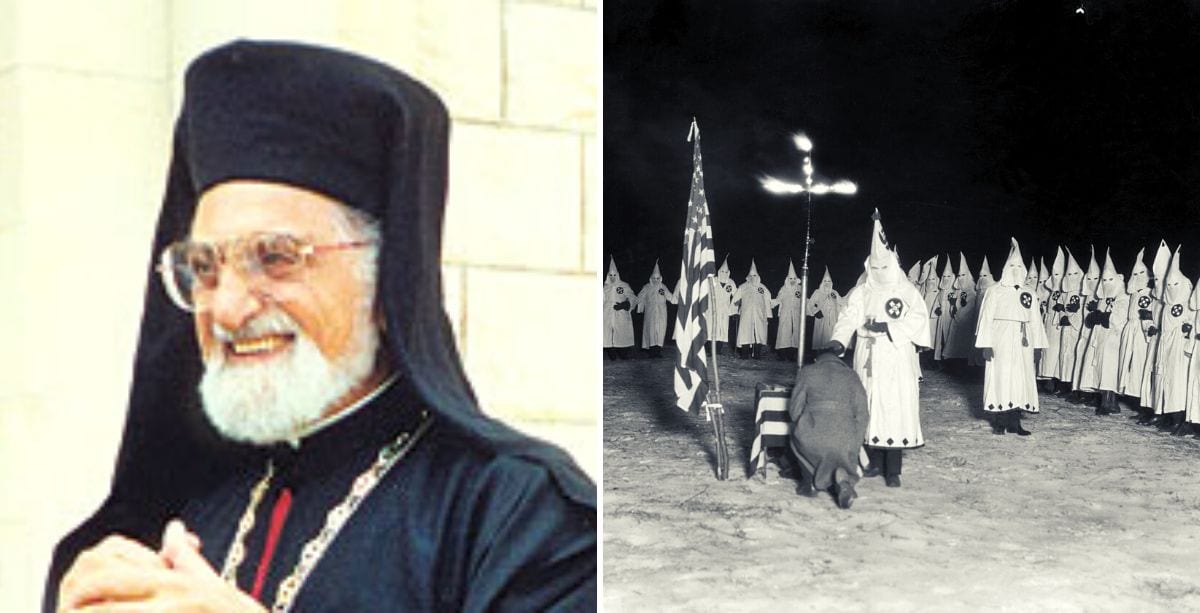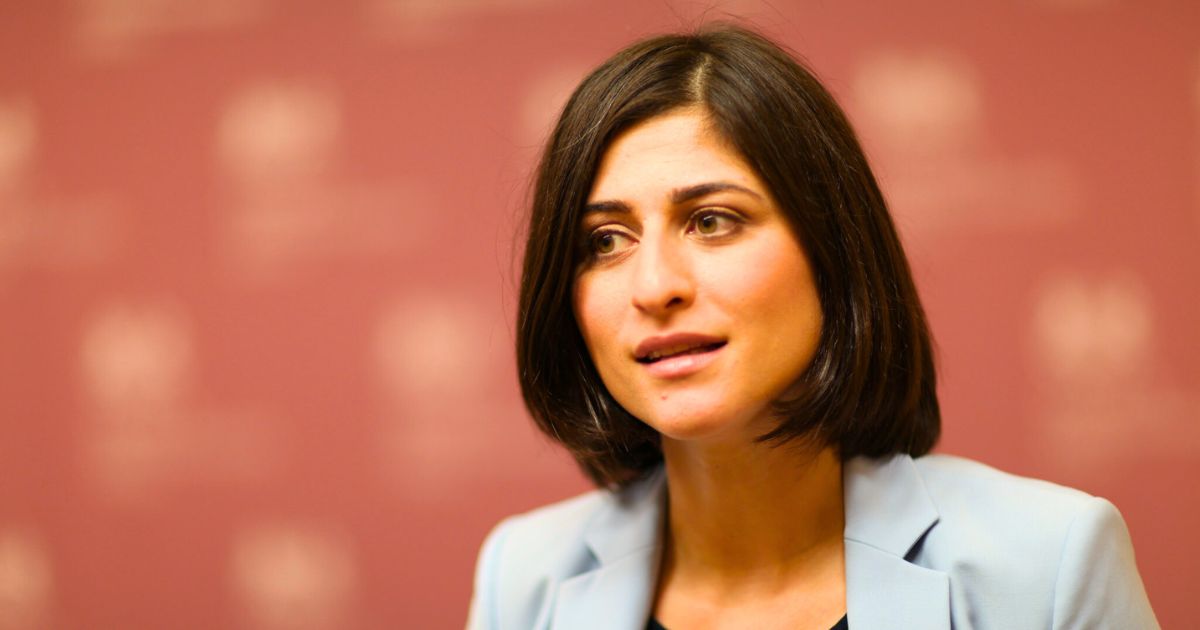When the historic Civil Rights Movements emerged in the United States in the 1950s, a Lebanese priest was defying hate groups and some religious authorities to be a voice for the oppressed.
Born in Zahle in 1916, Joseph Raya was the 7th of the 8 children of Mikhail and Almez Raya.
After finishing his elementary education at Zahle’s Oriental College, Raya studied in Paris before entering St. Anne’s Seminary in Jerusalem in 1937.
Four years later, he became a priest of the Melkite Catholic Church and was assigned to Jerusalem then Zahle. He later went on to teach at the Patriarchal College in Cairo, before being expelled from Egypt in 1948 for defending women’s rights.
This led him to emigrate to the U.S. and paved the path toward his prominent future in civil rights activism, which he was clearly passionate about.
During his early days in the U.S, Joseph Raya served as assistant pastor of St. Ann’s Melkite Catholic Church in Woodland Park, New Jersey, before being appointed pastor of St. George Melkite Greek Catholic Church in Birmingham, Alabama.
His appointment in Birmingham took place in 1952. Around that time, because of his vigorousness in advocating civil rights, he came to know and befriend Martin Luther King Jr.
Over the following years, as the Civil Rights Movement began to shake the U.S, Joseph Raya would march several times alongside King and even helped organize the marches for this cause in Alabama, later in the 1960s.
His heavy involvement in civil rights also led him to be a target of the white supremacist group, the Klu Klux Klan (KKK).
The fanatic group attacked him on three separate occasions. During one of these, he was kidnapped and severely beaten by three Klansmen.
In addition to the KKK, Joseph Raya met opposition from then-Roman Catholic Archbishop of Mobile, Alabama, Thomas Toolen, who threatened to have the Lebanese cleric excommunicated.
Nonetheless, Joseph Raya continued to march and protest peacefully alongside the advocates of freedom and justice.
He even went a step further and founded the first Eastern Catholic mission for African Americans, called Saint Moses the Black Mission, in Birmingham.
Raya’s prominence in the domain of social justice also led him to meet and befriend Russian-Canadian social worker Catherine Doherty, becoming the first Associate Priest of her Madonna House Apostolate in Ontario, Canada, in 1959.
In addition to being a popular figure in activism, Raya revolutionized how the Gospels, Missals, and Byzantine Divine Liturgy were taught in the U.S. when he translated their texts into English.
He advocated for younger generations to have church services in their own languages instead of the traditional ones. In 1963, his liturgical translation became the official English translation for the Catholic Byzantine rites.
Joseph Raya’s many successes led him to be elevated to Grand Archimandrite of Jerusalem, and he became a member of the Melkite patriarchal delegation to the Second Vatican Council.
Nevertheless, his civil rights activism days were not over.
After being appointed as archbishop of Akko, Haifa, Nazareth, and Galilee in 1968, Raya led a peaceful demonstration seeking justice for the Palestinians of the villages that had been destroyed in 1948, such as Upper Galilee and Iqrit.
He was an advocate of reconciliation between the three Abrahamic religions, and thousands of Arabs and Jews participated together in the nonviolent demonstrations that he led.
In 1974, Joesph Raya resigned his archbishopric and moved to Madonna House in Canada, where he stayed and lectured for around a decade before moving to his home country Lebanon in 1985.
He stayed in Lebanon, where he served as Archidiocese of Paneas in Marjayoun, for several years before finishing his assignment there, returning to Canada, and retiring at the Madonna House in 1990.
Joseph Raya passed away in Barry’s Bay, Ontario, Canada, in 2005. By then, he had cemented his legacy as an avid fighter of oppression in different areas of the world and a capable author of over ten books, including hymnals, monographs on church history, and theological works.



















